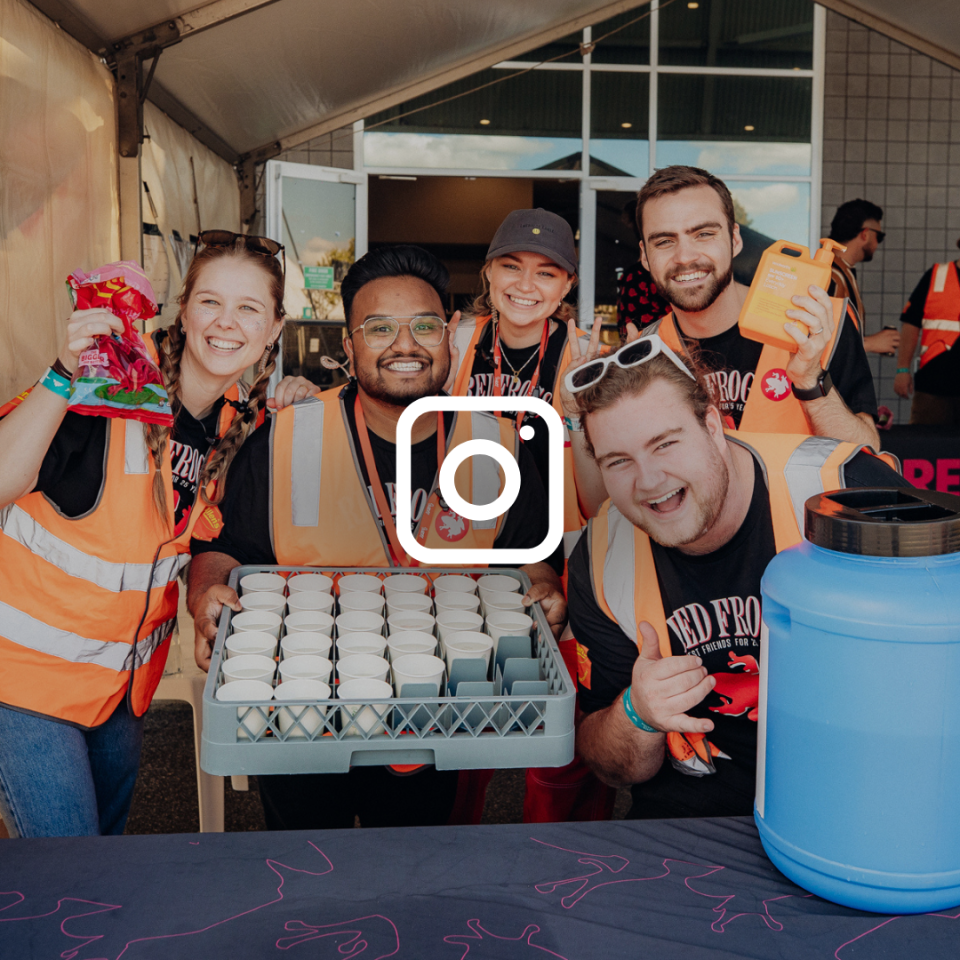
There's More To Say After 'Are you OK?'
We can all struggle with life from time to time, and it's important that we all look out for one another along the way. This can be done by asking the simplest of questions: "Are you okay?" Having a conversation with a friend, family member, neighbour or work colleague could change their life. This can be daunting, so we've provided some tips below.
#Conversation Tips
01
Are you in the right headspace?
Before you can look out for others, you need to look out for yourself. And that’s ok. If you're not in the right headspace or you don't think you're the right person to have the conversation, try to think of someone else in their support network who could talk to them.
02
Pick your moment
Try and pick your moment wisely. Choose somewhere relatively private and comfy and consider that you both have sufficient time to speak so you don't have to rush off and leave things left unsaid.
03
Ask the question
Be relaxed, friendly, and concerned in your approach. Help them open up by asking questions like "How are you going?" or "What’s been happening?"
Mention specific things that have made you concerned for them, like "You seem less chatty than usual. How are you going?"
If they don't want to talk, that's okay. Just let them know you are always free for a chat if they need it.
04
Be prepared for the answer
There's a chance the person might actually say "No I'm not OK". When you ask the question, you’re not expected to fix their problems or know the best way to help and support them. But you can listen to what they’re saying, help them feel heard and if you're really worried, tell a friend, teacher or trusted adult.
05
Help them to act
You could ask “What have you done in the past to manage similar situations?”, “How would you like me to support you?" or you could say: "When I was going through a difficult time, I tried this... You might find it useful too."
If they've been feeling really down for more than 2 weeks, encourage them to see a health professional. You could say, "It might be useful to link in with someone who can support you. I'm happy to assist you to find the right person to talk to.”
Be positive about the role of professionals in getting through tough times.
06
Check back in
Pop a reminder in your diary to call them in a couple of weeks. If they're really struggling, follow up with them sooner.
You could say: "I've been thinking of you and wanted to know how you've been going since we last chatted." Genuine care and concern can make a real difference.
R U OK Day
Learn more in the Guide to Supporting R U OK Day




